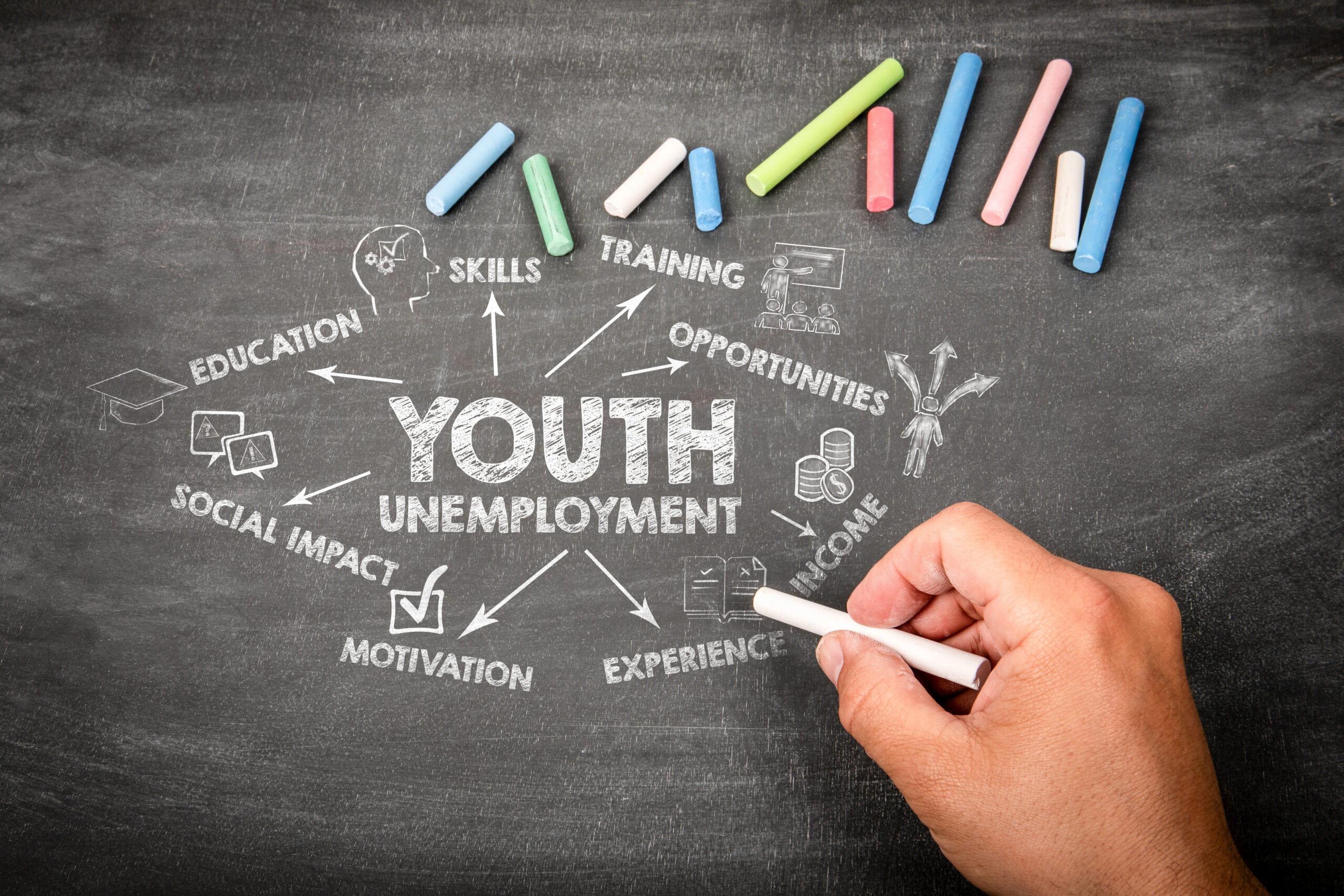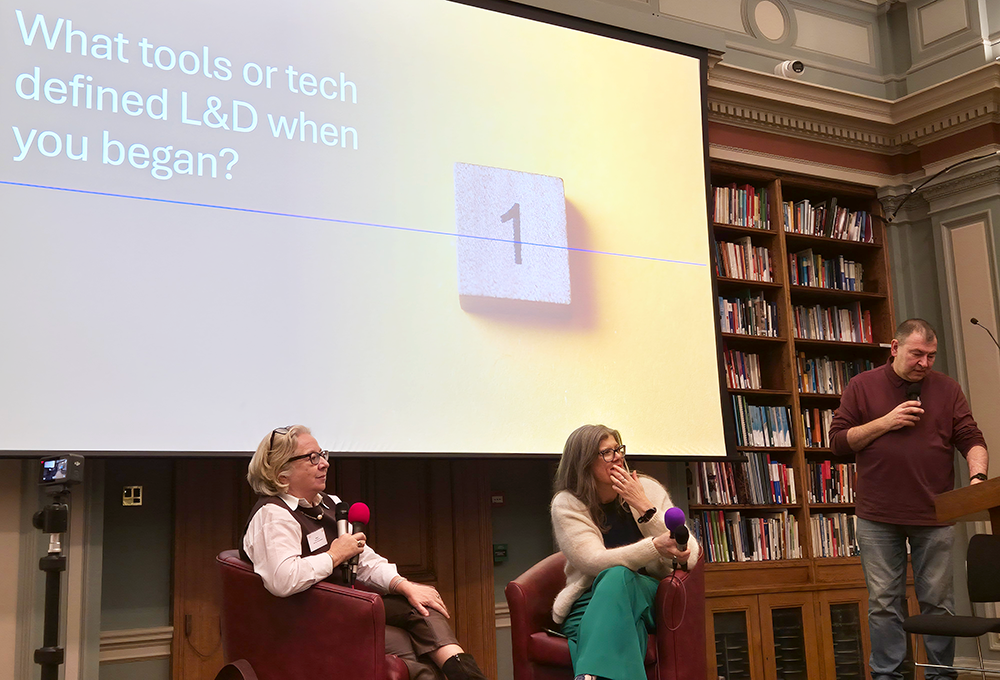Doug Upchurch has a few pointers for better communication.
In an age of the increasing digitisation, it is all too easy for us to jump into our own world, with our face in a screen and headphones on as we work towards personal goals.
While the digital evolution is important in a growing global economy, the human aspects of our personal and professional lives, like empathy, imagination, and how we communicate with one another, remain critical to effectiveness.
The success of the modern workplace – particularly at a time when leaders and organisations must be agile and resilient – is all about leveraging our humanity as a competitive advantage. This is what makes teams more productive, leaders more effective, and sales people more successful.
The ultimate goal is to build a thriving, passionate, human-centric workplace, in which everyone is able to bring their most effective self to the workplace.
Because the starting point for what makes us more human is our ability to communicate with others, it is crucial to always try to improve our communication skills. So, here are six tips to help you communicate effectively with your colleagues in 2018:
Listen
As our workplaces become more interactive and global, it becomes increasingly important that we better process others’ ideas. Communication can only be effective if it is received and understood by the recipient.
Heightened self-awareness could completely reshape the way we feel about work and how we perform in 2018.
Instead of dismissing colleagues’ suggestions, we need to listen and carefully consider the idea, then begin to add to it. Resolve to listen more carefully at work and you should see increased productivity, faster progress toward goals and better relationships with colleagues.
Learn to say ‘yes, and…’
The ‘yes, and…’ approach and mindset is a powerful one, which could dramatically change the way you interact with others and the way they respond.
The practice of ‘yes, and…’ is a most commonly known as a rule of thumb in improvisational comedy – no matter what your fellow actors present to you, instead of belittling it, or disagreeing, your job is to say, ‘yes, and…’ This approach is a fruitful path to innovation because it creates a dynamic where there are no right or wrong answers.
Importantly, the ‘and’ part is about really making sure that if we can’t say ‘yes’ outright, we say ‘tell me more’. This gives permission to be creative, rather than expecting ideas to be thrown out.
Save your ‘no’s and ‘but’s for when they’re really needed
Think about how many times in a week, whether at work or at home, you automatically shut down a conversation with ‘no’ or respond with ‘but’. If you think about this honestly I bet it will be a lot!
The impact of ‘no’ may feel like we are giving our opinion weight, but in fact we are doing the opposite – closing doors for creativity and teamwork. In contrast, every time we say yes, we see a tiny explosion of possibility. Check your default ‘no’ response and see if you can create space for more possibility.
RELATED CONTENT
The word ‘but’ can also have an unintended impact. It is most often used as a way to respond to someone you disagree with to demonstrate why your point of view is right or better. In the heat of a conversation, we will be more effective if we seek to listen and understand before seeking to speak and be understood.
Harness the power of possibility
Of course we are not suggesting that you agree with absolutely everything, or use the phrase, ‘yes, and…’ during all your interactions at work. This is about adopting a new mindset. Harnessing the power of possibility can bring great benefits as you never know what spectacular ideas will come out of creative conversations.
When someone fundamentally disagrees with a colleague’s contribution, it is important to make sure the teammates are on the same page. You need to ask questions to help educate yourself on their perspective, rather than coming in and saying ‘I’m right you’re wrong.’
Just think – without leaders being able to grow a business out of seedling of possibility, good ideas would never get off the ground. If we make room for what we don’t yet know, we can lead our businesses into a world of infinite potential.
Be aware of different styles
If you take time to look closely at your team you will see an intricate web of different personalities and working styles, with shared plans, projects and goals, which in turn create the blueprint for an ongoing community. It is important to accept that no one way of doing things is any better than the other – the challenge is to use the knowledge of ourselves and others to help improve our overall effectiveness.
Just like forming a new healthy habit you must practise applying this mindset to your working relationships consistently, over a long period of time, to see its benefits manifest in your life.
Don’t use personal style to justify poor behaviour.
If someone is constantly negative or rude, that is poor behaviour, which urgently needs to be addressed. Bad attitudes spread and can have an untold effect on your business – from bad team and personal performance to unhappy customers.
Dealing with this fundamental problem – in yourself or others – through coaching, development or perhaps tackling personal issues can be hard work, but well worth it in the long run.
Heightened self-awareness – taking a long hard look in the mirror at the way we behave, how we are perceived and the interpersonal styles of our teams – could completely reshape the way we feel about work and how we perform in 2018.
About the author
Doug Upchurch is Insights’ Chief Learning Architect.



